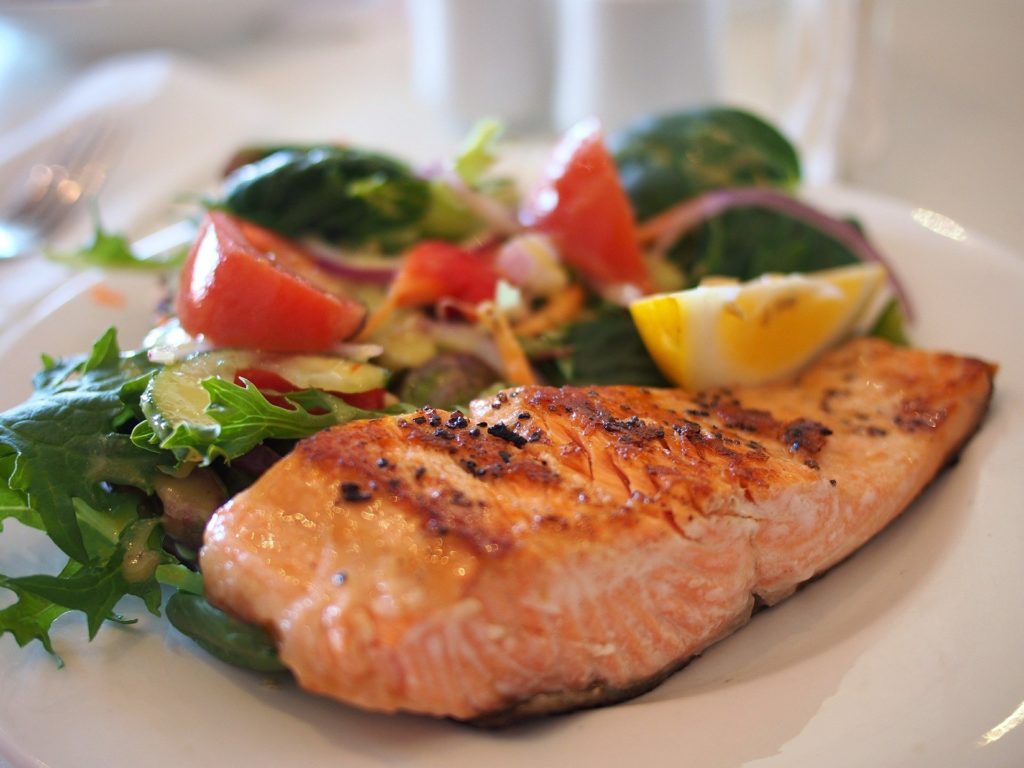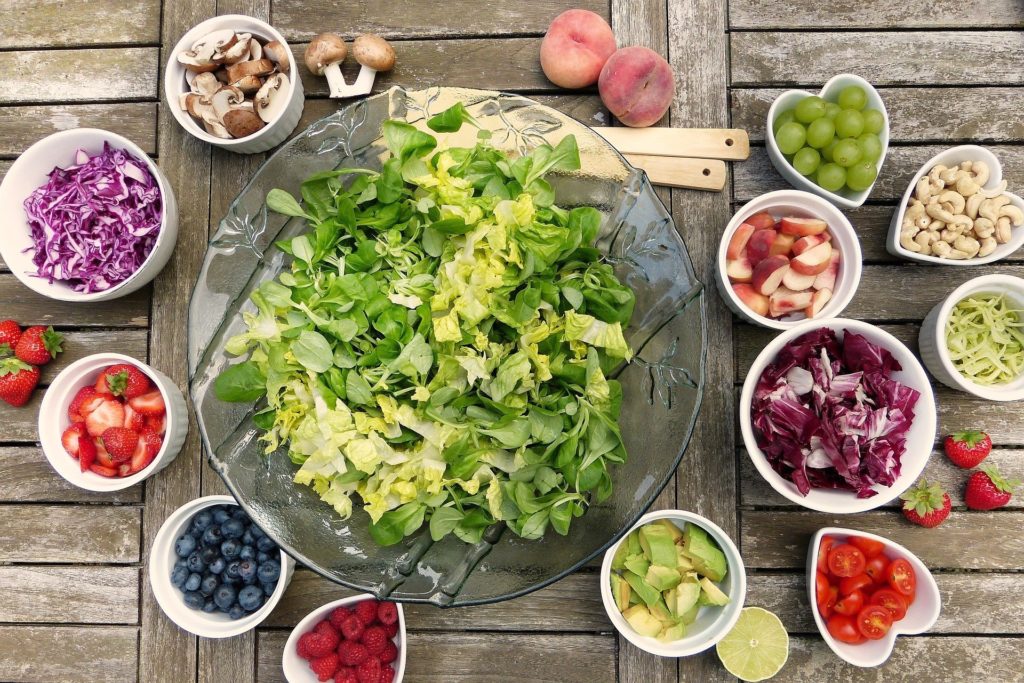
A lot of thought should go into grocery shopping when shopping for food for the week or month. When we don’t put enough thought into purchasing food, we might be buying too much, not using it, not freezing it, or not preserving it, and all too often what we buy goes in the trash. With the cost of food on the rise, we simply cannot afford to be throwing out so much of the food we buy each week!
When you shop for your groceries this week, be sure to put lots of thought into your purchase. If you don’t think things through, it could end up costing you a lot of money. People say the average family wastes approximately 15% of the food they buy. This is a huge problem because it costs so much for the wasted food, not to mention the pricey organic produce and meats that go to waste.
Here are some helpful tips to help reduce food waste and save money on the cost of groceries.
1. Plan Your Meals
When you plan your meals ahead of time, you will know exactly what needs to be purchased for each meal. This is especially helpful to control and reduce food waste. When you shop with a plan, you’ll buy only what you need and you will not waste food or money.
Meal planning also ensures that you are eating healthy foods because you will have a better idea of what to buy. Planning meals ahead of time is also a great way to stay on track for a healthy lifestyle because you will be less likely to skip meals or forget snacks throughout the day.
2. Freeze Unused Food and Leftovers
Instead of trying to finish everything at a meal to keep from wasting food (and probably gaining unwanted weight), instead freeze leftovers in single serve containers or a single meal container (if feeding several people). You might want to freeze in microwavable containers and take them to work.
You can freeze broths, tomato sauce, pasta, soups, meats, and just about anything you might have left over from a meal. It all adds up. You will be amazed how much food waste you can avoid just by freezing leftovers.
3. What are You Throwing Out?
Pay attention to the food you’re throwing out. If you’re throwing out a lot of the same food often and repeatedly, it stands to reason that you want to do something different. You could buy less of those particular food items per shopping trip. you could freeze more so that food lasts longer as far as freshness. You could make ahead meals using those foods and freeze the ready made meals into meal size containers.
4. Organize the Refrigerator
One of the reasons you’re throwing out a lot of food that doesn’t get used is that it might be placed just anywhere in the fridge and gets shoved to the back, hidden from view. Basically, it could get forgotten, like out of sight, out of mind. And when you find it, it’s no longer any good.
The answer? Have an organized refrigerator. Keeping the refrigerator organized will help keep you from forgetting food and having it spoil before use. Instead of just shoving things into the fridge after a shopping trip, have a place for everything. Rotate past purchases to the front and put newer purchases behind the older.
Check for expiration dates when you buy and when you add new purchases. Use your meal plan to use up past purchases so you don’t end up throwing out food.
5. Check the Refrigerator Temperature
An ideal refrigerator setting is 38 degrees. This temperature helps keep food fresh longer, without freezing it. People often have the fridge temp set too high. This helps prevent food spoilage and therefore reduces food waste.

6. Rethink Buying in Bulk and Shop More Often
While buying in bulk sounds like a great idea, and it can be a good idea, if you’re throwing out food, then buying in bulk isn’t for you. It’s better to shop more often and buy less each time if you’re tossing a lot of unused food.
Buying in bulk is great if you have a large family, if you freeze the food or can the food – in short, if the food is being used and not going to waste.
It’s true that buying bulk usually saves money. But honestly, how much money are you really saving if you end up throwing out a lot of food because it goes bad before it’s used?
When you do buy in bulk, don’t wait to freeze or can the food. Do it within a day or two of the purchases to assure the food is the freshest possible. Be sure you can freeze or can before buying! Remember that you can always make a quick shopping trip for fresh veggies and fruits and such,
Wrapping it Up
Food waste is a global problem, and it’s an even bigger problem when you’re on a budget. Don’t throw away food that’s still delicious.
Here are a few tips for reducing your food waste:
• Buy in bulk. You can always freeze a bit of what you buy for future use.
• Buy local and organic. Fresh foods are always the best.
• Buy seasonal. At the grocery store, look at the dates on the food. If it’s within a couple of days, it will probably be fine.
• Don’t buy what you can’t eat or freeze. It can be tempting to purchase lots of food because it’s on sale, or it’s a good deal.
However, something can be bought cheap and thrown away, while something reasonable and quality can cost a little bit more.


